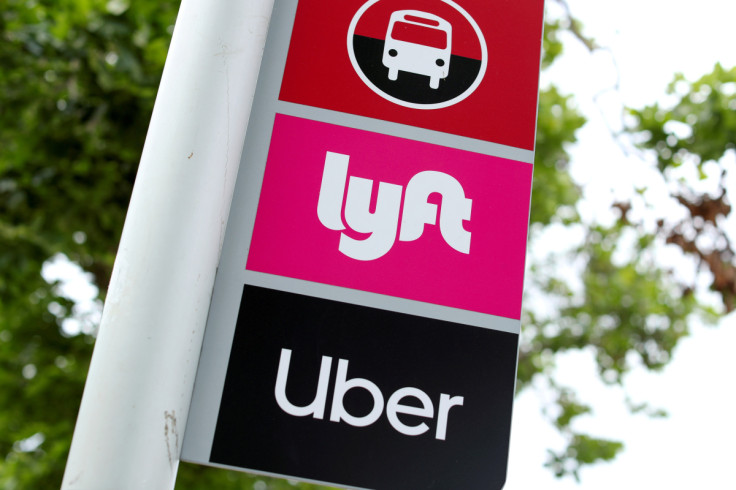Uber Is Winning Over Lyft, But The Game Is Not Over

Uber Technologies is winning over Lyft Inc. on Wall Street. Its stock is soaring, outperforming the broader market, while Lyft's stock lags far behind. Over the last five years, Uber's shares are up 84.7%, beating the S&P 500 by a slight margin, while Lyft's stock is down 67.2%. But the game may not be over.
Uber and Lyft are in the right market at the right time. The market is ride-hailing, which has been changing riders' lives worldwide. The two young companies' apps and network of drivers make riding around cities and suburbs easy, convenient, and efficient. The time is the post-COVID-19 period when traveling is soaring, and ride-hailing services are reaching the tipping point.
Yet neither of the two companies has managed to capture value for their stockholders, as they earn returns that match up to their cost of capital.
According to Gurufocus.com, Uber has a current Return on Invested Capital (ROIC) of 3.48% and a Weighted Average Cost of Capital (WACC) of 10.77%. Lyft's situation is even worse. It has a current ROIC of -13.17% and a WACC of 11.75%.
Earning returns below the cost of capital means the two companies destroy value for capital holders as they grow.
Economists have a good explanation for the failure of the two companies' management to monetize their business model: price competition. While in theory, the market for the two rideshare apps could work as a duopoly, in practice, it works as perfect competition.
That's a market where sellers sell homogeneous products, and consumers have perfect information on the quality and the price of services, pitting one seller against another — Uber against Lyft.
Still, the two companies have done several things to limit the competition with each other. They have formed partnerships with local taxi drivers and introduced loyalty programs that discourage riders from switching between apps, with Uber taking the lead. As a result, Uber's ROIC has turned positive, while Lyft's remains in negative territory.
Meanwhile, Uber's leadership and subsequent gains on Wall Street helped the company join the S&P 500 and the Dow Jones, earning much visibility in the investment community, as Lyft remained in obscurity. But the game between the two companies for winning the hearts and wallets of riders and investors is still on.
"Yes, right now Uber is winning over Lyft, and it's not even close," Aron Solomon, JD, Chief Strategy Officer at Amplify, told International Business Times. "Uber's market share has gone from 62%-74% in four years, while Lyft's has fallen from 38% to 26%," he said.
Solomon thinks the game is ongoing because these are only some options.
"Just as Airbnb has been its worst enemy, so have these ridesharing companies," he added. "While many people have forsaken Airbnb for that old-school option - actual HOTELS, people are also leaving ridesharing for old-school taxis," he added.
Parker Gilbert, CEO & Co-founder of Numeric, who closely follows business news, including the Uber versus Lyft conversation, agrees. "The one element I'd emphasize in the conversation — a careful look at the partnerships that both companies have formed shows that Uber may not win the battle yet," he told IBT.
"In recent years, we've seen Lyft partner with local transit agencies in major cities, like SF and DC, for micro-mobility initiatives like BayWheels and Capital BikeShare," Gilbert said, adding, "Additionally, we've seen innovative financial partnerships from Lyft, such as the collaboration between Lyft and BILT, a credit card through Wells Fargo that enables renters to earn points back from rent payments. When BILT card holders hail a Lyft, they earn additional points back."
Gilbert believes both initiatives show partnerships forward approach from Lyft, "seeking to embed usage of the product into the consumer's habits by association with other brands."
Meanwhile, he likes Lyft's forward-looking partnerships. "While Uber may seem to have won the short-term rideshare game, Lyft's forward-looking partnerships demonstrate that the company may continue to thrive in the mobility space for the near future," Gilbert added.
(Disclosure: The author owns shares of Uber.)
© Copyright IBTimes 2025. All rights reserved.






















